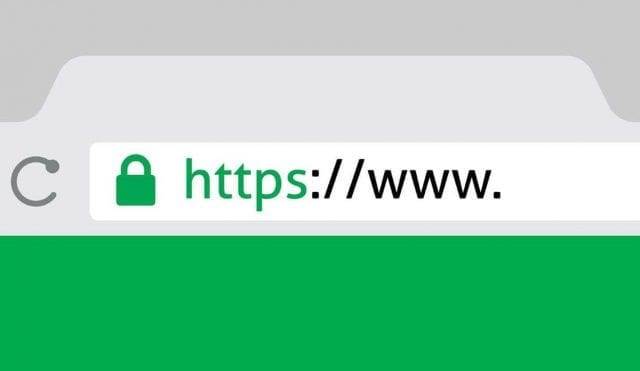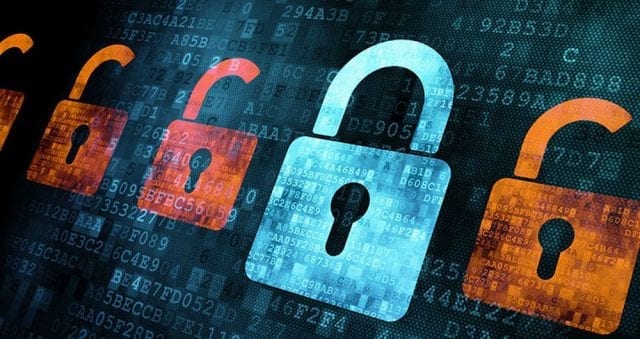
By this time, every active internet user must be on high alert about the rampant cybersecurity threats that are facing even the biggest and seemingly safest of companies.
A widely used company like Tinder recently got hacked, and sensitive user details were exposed in the process. Hackers are getting extremely smart with each passing minute. It is a wise choice to have an SSL certificate these days, and if you are looking now for a cheap SSL certificate, then you can ponder over SSL2BUY reputed SSL provider in the SSL industry.
It will encrypt data between your web server and user browsers; deeper measures still ought to be taken to ensure comprehensive website security.
Being the most widely used search engine on the planet, Google seems to be the trendsetter on matters relating to web security. SSL certificates became widely used from 2014 onwards when Google launched its HTTPS Everywhere Initiative that pointed out SSL as a ranking factor for websites.
With the new Google Chrome version 68 that is going to flag down sites without HTTPS enabled as ‘Not Secure’, any serious website owner needs to visit a trusted marketplace to acquire a Cheap SSL certificate.
But here comes the question – does having an SSL certificate mean that a website is fully secure?
A more in-depth look into SSL Certificates 
SSL is an abbreviation that stands for Secure Sockets Layer. An SSL certificate can encrypt the data between a host web server and a user browser. When a website has SSL installed, it will switch from HTTP to HTTPS, and a padlock will also appear on the URL bar signifying that the homepages are secured. When a user is trying to access your homepages, the browser will request the certificate from the webserver.
It will check if indeed the domain they are trying to access is the right one and also if your SSL certificate has been issued by a trusted Certificate Authority (CA), and it’s not expired.
Once the browser finds that the SSL certificate is legitimate, there will be a secure connection established between the browser and the server. Usually, the info being transmitted in between is bound with a cryptographic key and can only be decrypted by the intended recipient. SSL certificates, therefore, offer what is known as encryption in transit.
One thing about cybercriminals and hackers, however, is that they are not stupid. They do know that intercepting data in transit by launching man in the middle attacks can be tough when a website is HTTPS enabled. Therefore, they mostly target resting data that is stored in web servers.
Now let’s say you have taken a step to acquire an SSL certificate for your website. That is a good move that shows that you are concerned with web safety. It’s also good to note that since website owners can easily access SSL certificates for free and many SSL providers offer free SSL for a limited period. However, it is beneficial to go for a paid license as it comes with many features and round the clock customer support.
What exactly is Website Security?

When we discuss the security of a website, we are talking about the comprehensive effort that involves people, technology, and processes to ensure that all areas of a site are kept entirely safe and foolproof. For instance, as a website owner, you will need to be very careful about the kind of people that you award admin roles.
People with access controls must be educated on web safety best practices because a straightforward click on their side can jeopardize a whole company and leads to a malicious breach by hackers.
Having an SSL certificate on your website is mandatory in 2024 because no one wants to be labeled as ‘Not Secure’ by leading browsers like Google Chrome and Mozilla Firefox. But it’s good to note that having HTTPS enabled on your homepages is just one piece out of your website security’s jigsaw puzzle. An SSL certificate cannot, for instance, protect your website from malware attacks and hacking attempts.
You, therefore, need to take extra security measures like having a Web Application Firewall for your homepages. Also, you do not want internet security companies like Norton, Bitdefender, and ESET marking your homepages as malicious in search engines.
Any business or company that wants to maintain a visible brand in 2024 must invest heavily in internet security. If you run an e-commerce store, for instance, just one breach is enough to send you out of business because clients might find it very hard to trust a homepage with a history of the compromised site.
A right way would be contracting the services of a reputable internet security company or professional that will do the job of protection, monitoring, diagnosis, and response for your homepages. A qualified person or company will be able to keep up with industry trends and new threats and make necessary updates when need be.
Conclusion

It’s effortless to have an SSL certificate to get a fully secure homepage. Although having an HTTPS-enabled website is very crucial for transmitting data safely between your web server and user browsers as well as for ranking purposes, it’s just one step in the journey of attaining all-round webpage security.
You, therefore, need to factor in other aspects like having a Web Application Firewall and restricting access controls to qualified individuals only. It would be best if you had a proper anti-malware arsenal to thwart any malicious attempts targeted at your site. Investing in security is indeed investing in yourself and a brighter future ahead.








